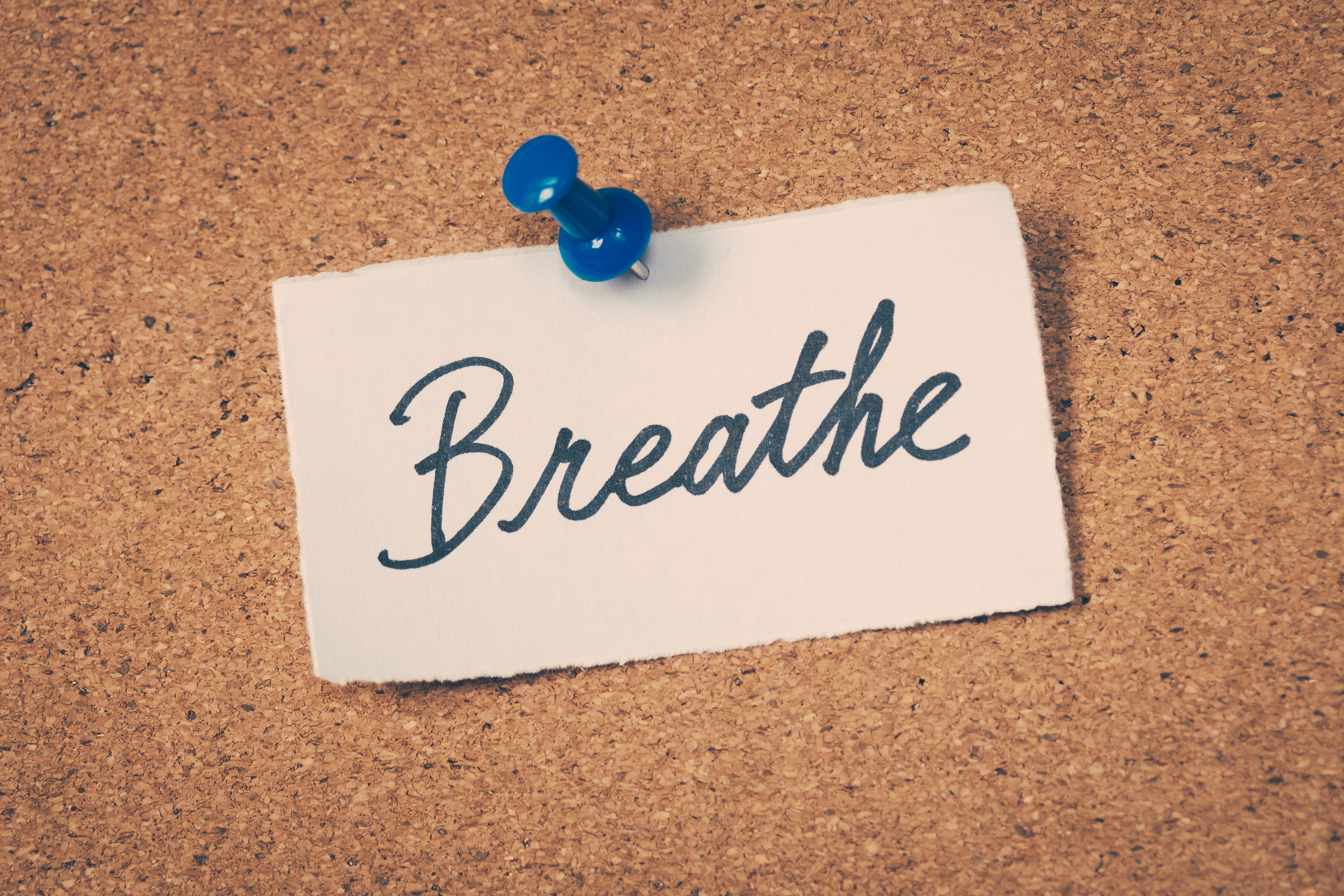
5 timeless habits for better health

What are the symptoms of prostate cancer?

Is your breakfast cereal healthy?

When pain signals an emergency: Symptoms you should never ignore

Does exercise give you energy?

Acupuncture for pain relief: How it works and what to expect

How to avoid jet lag: Tips for staying alert when you travel

Biofeedback therapy: How it works and how it can help relieve pain

Best vitamins and minerals for energy

Should you take probiotics with antibiotics?
Anxiety Archive
Articles
Sleeping better when you have pain
Approximately 50 million adults experience some daily pain. These people usually encounter fluctuations in pain during the day, but in many cases, the pain worsens at night, disrupting sleep. Many strategies can be adopted to prevent and manage nighttime pain, such as doing a pre-bedroom relaxation routine, creating a healthy sleep environment, reframing negative thinking, changing sleeping positions, and using supportive pillows.
How to avoid catastrophic thinking
People trapped in catastrophic thought patterns are convinced everything is awful and won’t improve, which creates a constant sense of helplessness, anxiety, and stress. One way to stop this doomsday thinking is learning how to mentally pivot. Mental pivoting is the action of consciously deciding to deflect thoughts when they arise, so they don’t fester and grow. By doing this, people can feel more in control of invasive thoughts when they arise.
Overcome your fear factor
Research has shown that feelings of general anxiety, nervousness, and fear tend to rise with age. This can lead to increased isolation and less exercise, and may progress to an anxiety disorder. Strategies to help manage and overcome increased feelings of fear include seeing a therapist, practicing mindfulness, consulting with a financial expert, and hiring a personal trainer.
Ease anxiety and stress: Take a (belly) breather
The stresses of daily life can keep us in a state of constant tension. Learning to belly breathe can help ease your body's response to anxiety and stress.
Clearing up a foggy memory
At some point, most older adults experience the occasional "senior moment" where they misplace an everyday object, lose their train of thought during a conversation, or forget why they walked into a room. Memory lapses like this are part of normal aging, but the problem can be exacerbated by issues like depression, stress, poor sleep, and medication side effects. If these episodes become so frequent or substantial that they interfere with a person's daily life or safety, it's time to see a doctor.
Why you may need therapy
Men can encounter episodes of depression and anxiety as they age. Such feelings often stem from life experiences like grief, financial anxiety, health issues, and the loss of independence. While confiding in friends and family can sometimes help, men may benefit more from therapy. A professional therapist can help identify the causes of their emotional problems and create a strategy to resolve them.
Want a calmer brain? Try this
Meditation helps us calm the body and shift perspective, and certain types of it offer an array of health benefits. What's more, imaging research shows that meditation can change the structure and connectivity of brain areas to help us cope with fear and anxiety.

5 timeless habits for better health

What are the symptoms of prostate cancer?

Is your breakfast cereal healthy?

When pain signals an emergency: Symptoms you should never ignore

Does exercise give you energy?

Acupuncture for pain relief: How it works and what to expect

How to avoid jet lag: Tips for staying alert when you travel

Biofeedback therapy: How it works and how it can help relieve pain

Best vitamins and minerals for energy

Should you take probiotics with antibiotics?
Free Healthbeat Signup
Get the latest in health news delivered to your inbox!
Sign Up










